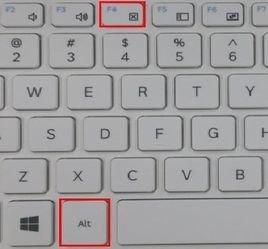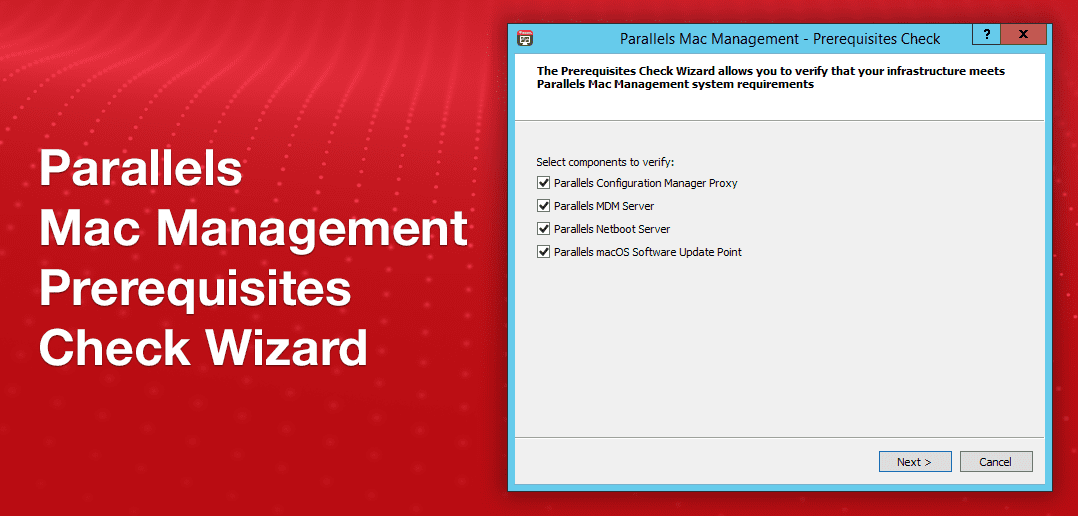
- #ALT F4 FOR MAC MAC OS X#
- #ALT F4 FOR MAC MAC OS#
- #ALT F4 FOR MAC PC#
- #ALT F4 FOR MAC PLUS#
- #ALT F4 FOR MAC WINDOWS#
#ALT F4 FOR MAC PC#
On PC keyboards, there is the Insert key (sometimes labeled Ins). When there is a function assigned to it, it is used to delete to the right of the cursor. On the Mac, from early 1990s to 2006, the Delete ⌦ key is almost never used, even in text editors. In a text editor, the key will delete to the right of the cursor. For example, on desktop, select a file, pressing Delete ⌦ will put the file to the “Recycle Bin”. On Windows, Delete ⌦ is often used to delete things. On Mac, this key is labeled “delete” or ⌦. The Delete ⌦ key is located in the Home/ End key cluster. Use 2-finger swipe to the left to go back.
#ALT F4 FOR MAC MAC OS#
Key to “go back” to a previous visited page.įor some time around 2005 to 2013, Mac OS X's Safari browser also started to do the same, but removed this shortcut again when gesture with touchpad becomes popular. It delete texts to the left of the cursor. When in text editing, the Backspace ⌫ is used the same way in both OS X and Windows. On Apple keyboards, this key is labeled “delete”. On PC keyboards, there is a Backspace ⌫ key on the main section. ( ⌘ command+ o to open the file.) Backspace Key In Mac desktop (Finder), when a file is selected, Enter will activate file rename.
#ALT F4 FOR MAC WINDOWS#
In Microsoft Windows desktop (Explorer), when a file is selected, Enter will open the file. (it sends a different key signal.) Enter/Return Key Conventions Note: the main enter/return key is different from the Enter on number keypad. On Apple's keyboards, the main enter key is usually labeled “return” or just by a symbol “↩”. On PC keyboard, the main enter key is labeled “Enter ↵”. Note the return/enter key, with dual labels. If you use a Windows keyboard on a Mac, the ▤ Menu key does Ctrl+ p. The key's function is similar to the mouse's right button, or pressing Shift+ F10 in most applications. The ▤ Menu key, also called Application key, is invented by Microsoft. It is similar to MS Window's use of the Ctrl key. Under Mac, the Command key is used as a modifier key to invoke shortcuts. For example, ❖ Window+ d gets you the desktop.

For example, ⌥+ 8 will insert the bullet character “ Option key is used to insert special characters, such as “.For example, ⌥ option+ → moves cursor by word.

#ALT F4 FOR MAC PLUS#
#ALT F4 FOR MAC MAC OS X#
Mac OS X by default supports emacs basic cursor movement keybindings.ĭelete current position to end of line Ctrl+ y For example,Ĭtrl+ ⌘ command+ 1 show bookmarks sidebar. When used, it is as a modifier in combination with other modifier keys. The Control key under Mac is rarely used. Copy is ⌘ command+ c, Paste is ⌘ command+ v. On the Mac, Command key is used for keyboard shortcuts. For example, Copy is Ctrl+ c, Paste is Ctrl+ v. The Control Key in Windows is used for keyboard shortcuts. On Apple keyboard, you have Ctrl, ⌥ option (alt/option), ⌘ command (command) keys.Ĭontrol Ctrl ( ⌃), ⌥ option (Alt), ⌘ commandĬontrol Key Control Key in Microsoft Windows On the PC keyboard, you have the Ctrl (Control key), ❖ Window (Windows logo key), Alt (alternate key). This page discuss differences between Apple Keyboard and Windows keyboard.


 0 kommentar(er)
0 kommentar(er)
